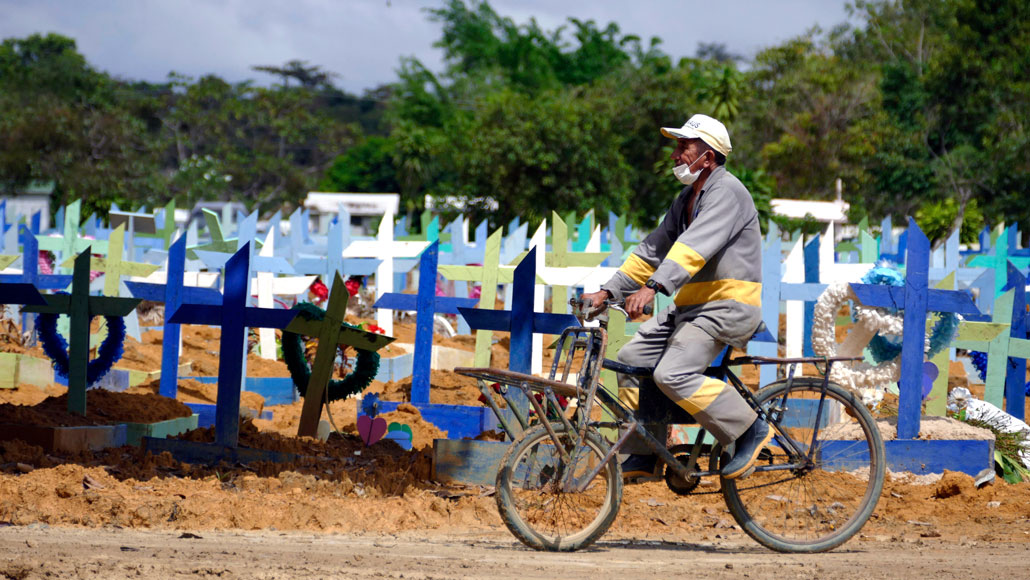![[Image: glH18nF.jpg] [Image: glH18nF.jpg]](https://i.imgur.com/glH18nF.jpg)
A new variant stealthily took hold on two continents, highlighting the need for global genomic surveillance.
Multiple travellers carried a new coronavirus variant from central Africa to Europe, where it has now spread to at least a dozen countries, according to genomic data1. The variant, named B.1.620, hosts a suite of mutations that have been linked to increased transmissibility and the ability to escape the immune response.
The variant was first detected in April in viral samples from Lithuania. After noticing it, Gytis Dudas at the Gothenburg Global Biodiversity Centre in Sweden and colleagues analysed SARS-CoV-2 genomic data from across the globe and found that B.1.620 had suddenly appeared in European samples in February. It is now present in France, Belgium and elsewhere.
The researchers also found the new variant in genomic sequences from six people living in the Central African Republic near the Cameroonian border and in seven people in Europe who had recently returned from Cameroon.
These data suggest that B.1.620 probably originated in central Africa and was introduced to Europe multiple times by recent travellers. The findings also suggest that the variant is circulating widely in central Africa but has been undetected because of limited sequencing. The work highlights the risk posed by regional inequities in genomic surveillance.
https://www.nature.com/articles/d41586-021-01285-4



